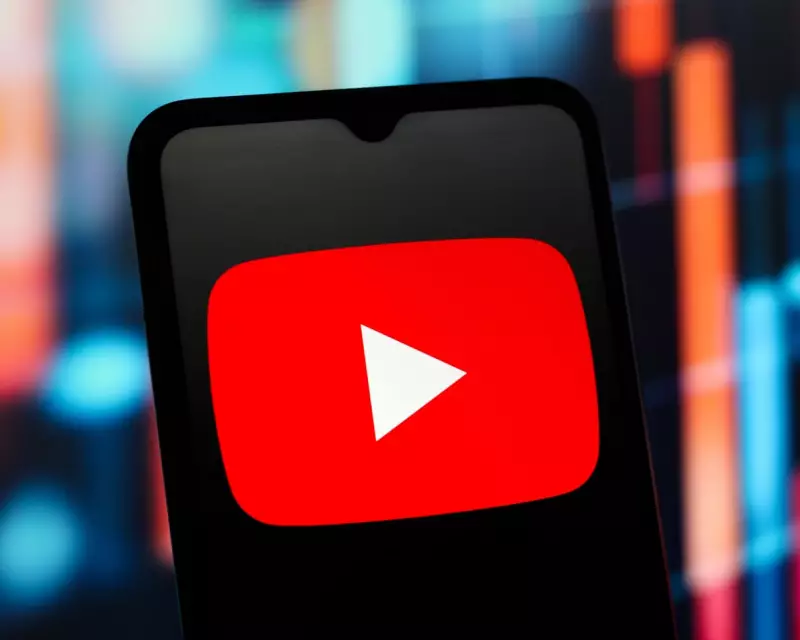
Google is facing mounting scrutiny after refusing to reveal whether it's engaged in covert lobbying efforts with the Trump administration concerning Australia's proposed social media ban for children under 16.
Silence Sparks Transparency Concerns
The technology behemoth has declined to comment on whether it's pressing US officials to intervene on YouTube's behalf, as Australian lawmakers consider sweeping restrictions that could block under-16s from accessing major social platforms.
This silence comes amid growing international pressure for greater transparency around tech lobbying activities, particularly when they involve children's digital safety policies.
Australia's Bold Digital Safety Proposal
Australian authorities are contemplating one of the world's most aggressive digital safety measures, which would require social media companies to prevent users under 16 from accessing their platforms unless they can verify parental consent.
The proposed legislation represents a significant challenge for platforms like YouTube, which has substantial viewership among younger demographics and could face major operational changes if included in the final regulations.
Political Pressure Points
Observers note that Google's potential lobbying through US political channels raises questions about international corporate influence on domestic policy-making. The involvement of the Trump administration adds another layer of complexity to the ongoing discussions about digital regulation and children's online protection.
Industry experts warn that without clear disclosure requirements, the public remains in the dark about how much influence major tech corporations wield in shaping policies that directly affect children's digital experiences and safety.
The situation highlights the ongoing tension between national regulatory efforts and the global nature of technology platforms, with children's online safety becoming an increasingly contentious battleground for governments and tech giants alike.





